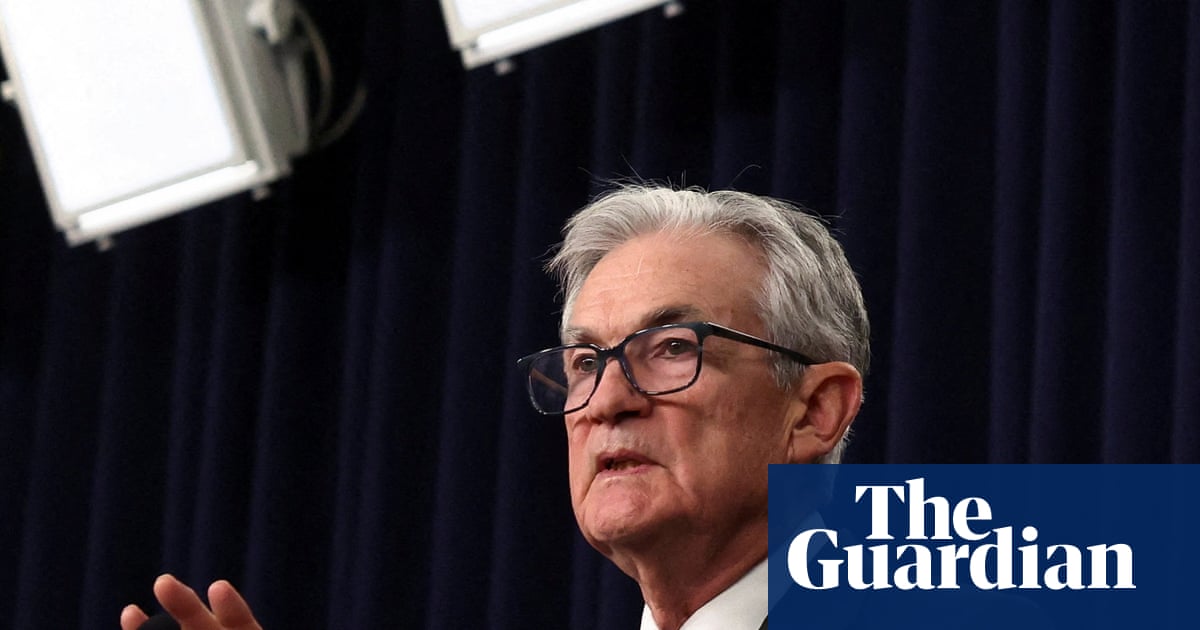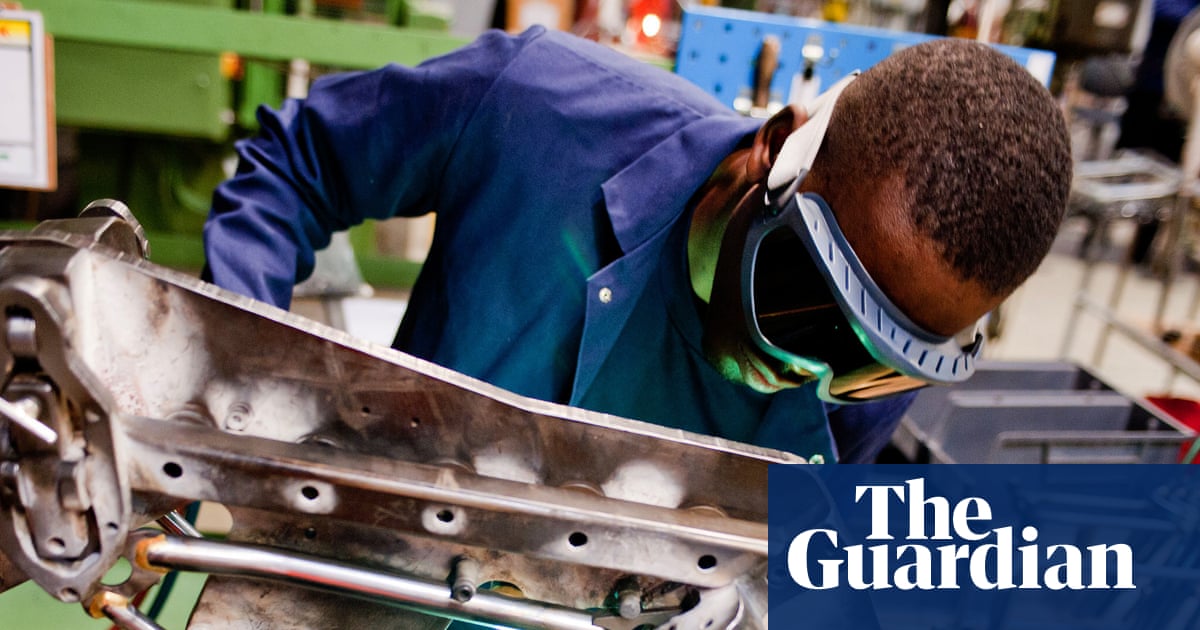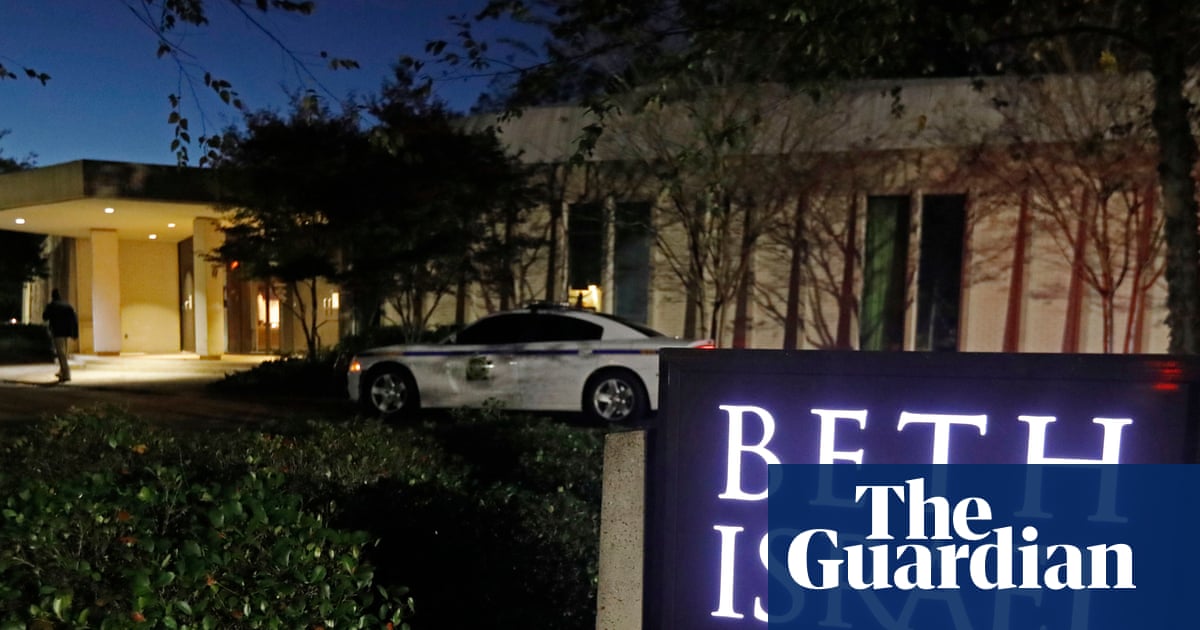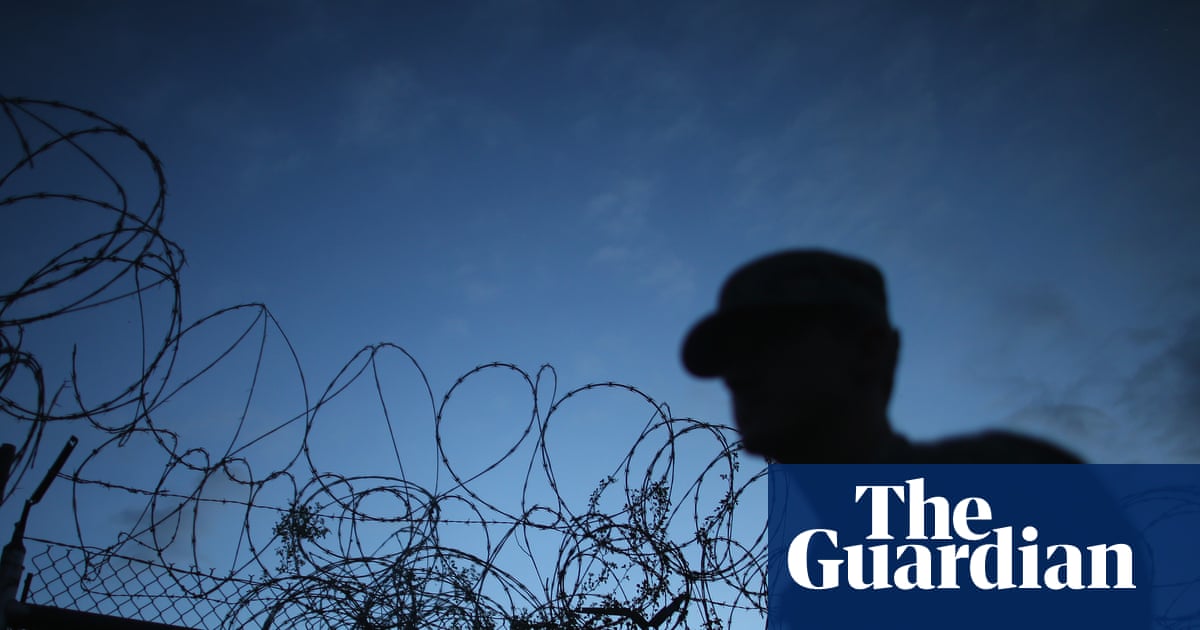The Prince and Princess of Wales’s private garden at Kensington Palace has been commandeered by Burberry, who are building a tent the size of a minor airport for their show on Monday. The mid-century fortress by Eero Saarinen that once housed London’s American embassy, recently reopened as a luxury hotel, is dressing the ballroom for the 20th anniversary show by Roksanda on Saturday night.
But the biggest transformation of London fashion week is happening not on the catwalk but in the boardroom, where the British Fashion Council (BFC) is under the new leadership of Laura Weir as CEO, a former newspaper and Vogue fashion editor.
Weir’s tactics to re-establish Britain’s status in the fashion world include convincing government ministers to embed fashion into trade deals, luring famous brands back to London from Milan and Paris, and casting a net outside of London to discover the next generation of British design talent.
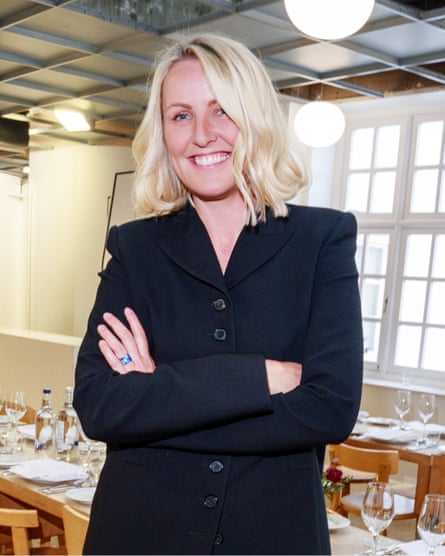
She describes the task as “herculean”. Brexit has hammered competitiveness, Covid has destroyed supply chains, the cost of living has shrunk demand, and the rise of Milan and Paris as luxury superpowers has sucked the lifeblood from the catwalks of London and New York. What’s more, “people in government have said to me straight out: your sector is not going to get more money, because there is no money”, Weir says.
London fashion week was debated in parliament for the first time this week. Rosie Wrighting, MP for Kettering and an ex-fashion buyer, said the “belief that creativity can be a path forward is something that London fashion week represents to me and to thousands of young people across the country who see an opportunity to be a part of something bigger than themselves”.
In the face of slashed arts education funding and a rising cost of living in major cities, Wrighting said: “We must ensure that fashion remains a viable career for young people, particularly those who are outside of London and in working-class communities.”
Givenchy’s Sarah Burton was born in Macclesfield; Burberry’s Daniel Lee in Bradford. But the creative pipeline that feeds in talent from all over the country is drying up through lack of educational opportunity. The BFC has begun a pilot programme taking designers back to their schools to meet and inspire younger generations.

More substantially, they hope to lean on Selfridges, Harvey Nichols and John Lewis, “who are now not just stockists but strategic partners”, says Weir, to amplify their message.
Peter Ruis, the managing director of John Lewis, agrees that his store is “ a key part of the ecosystem, with our distribution and buying power, especially as we get bolder with fashion”. John Lewis has teamed up with the award-winning designer Rejina Pyo for a limited edition collection dropping next month, and has been a crucial patron and stockist to the Harry Styles favourite Steven Stokey-Daley.
“It was really important for Steven that we stocked it in our Liverpool store, his hometown. Just a real thing for his family. In fact, Liverpool has become a bit of a fashion flagship for us. They really love their fashion”, says Ruis, who will be attending several London fashion week shows this weekend.
In Milan, the fashion and luxury industry recently received a €250m stimulus package from the Italian government. Weir notes: “Carlo Capaldi [her counterpart in Milan] was on record saying, it’s nice but it’s not enough – and I just thought, wow. When I look at the support fashion gets in the UK, it really pales by comparison.”
after newsletter promotion
“I started this job not long after we got a new government, which felt like interesting timing. The culture and creativity sectors are naturally left leaning so one would hope there would be a strong level of engagement. There is support, but what I’m wary of is fashion being used when they want sparkle. We’re more than that.”
The British fashion industry contributes £68bn to the economy, and supports more than 1m jobs. “Fashion literally makes us look better as a nation! Having said that, I do have perspective. There’s a lot going on, and fashion has to earn its headlines,” adds Weir.
Burberry aside, the hottest tickets of London fashion week – such as Dilara Findikoglu – have minimal name recognition outside the industry. Victoria Beckham, one of Britain’s most well-known designers, moved her show to Paris three years ago.
“I’m not going to guilt-trip designers that have left the UK to come back out of obligation if it doesn’t make sense for their businesses,” says Weir, who wore a Victoria Beckham suit to attend the debate in parliament. However, she namechecks McQueen, currently showing in Paris, as a target. “I think the nation would celebrate the return of that brand to the city that inspired it. It could make strategic sense.
“What I hear everywhere I go is that people in this country are really proud of British fashion,” says Weir. “I’m heartened by that.”

 3 months ago
71
3 months ago
71
